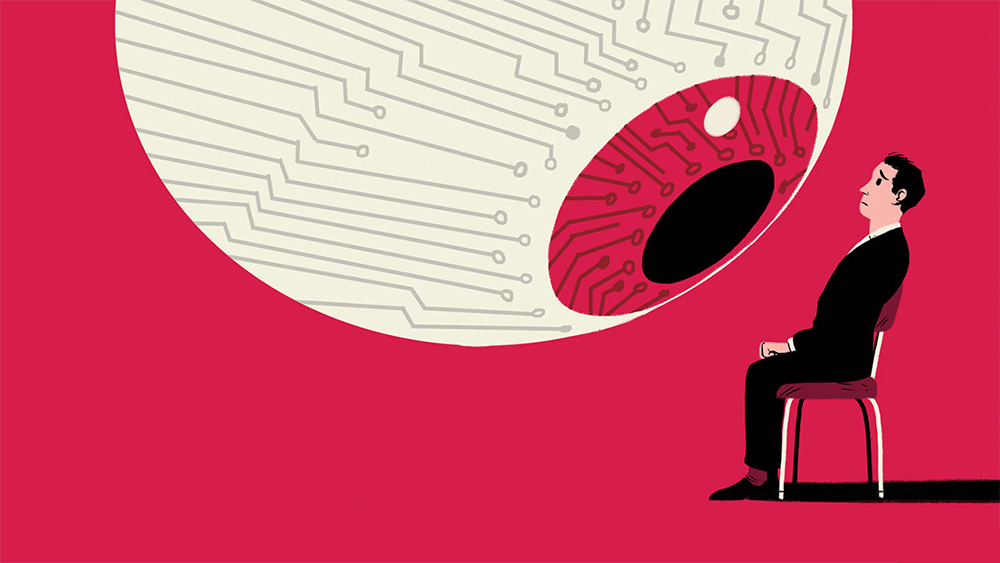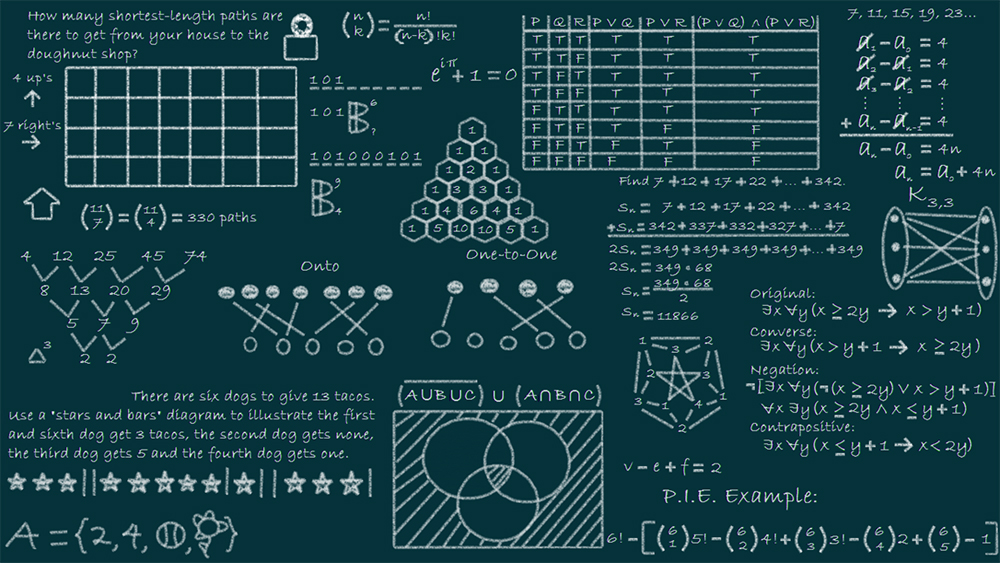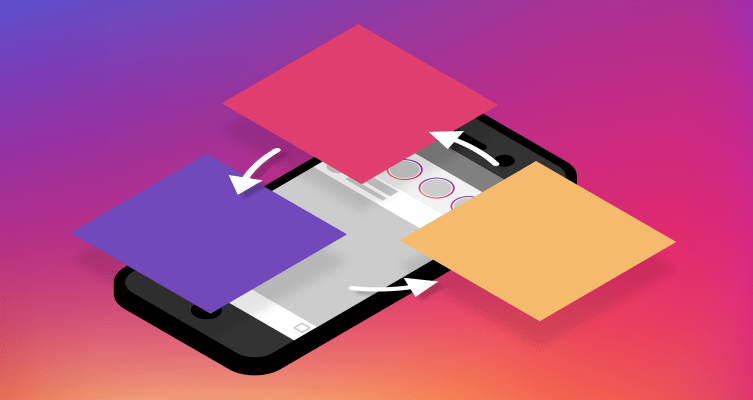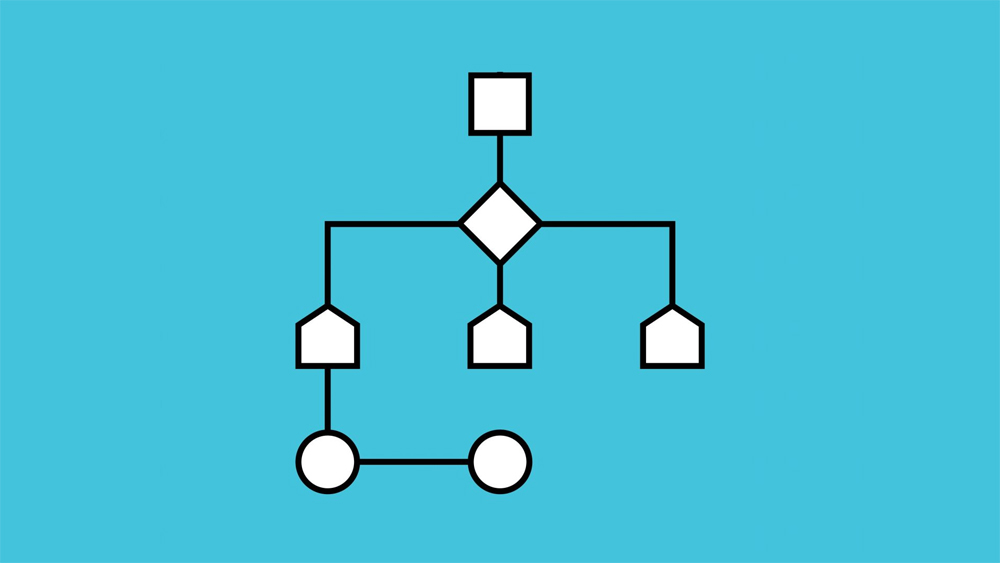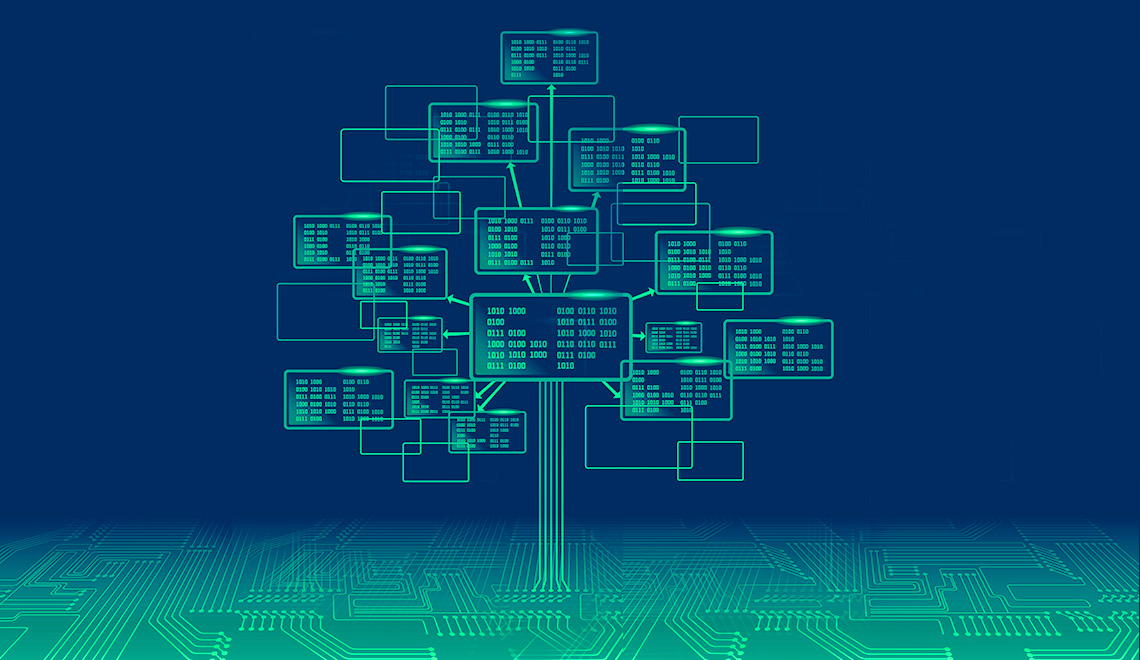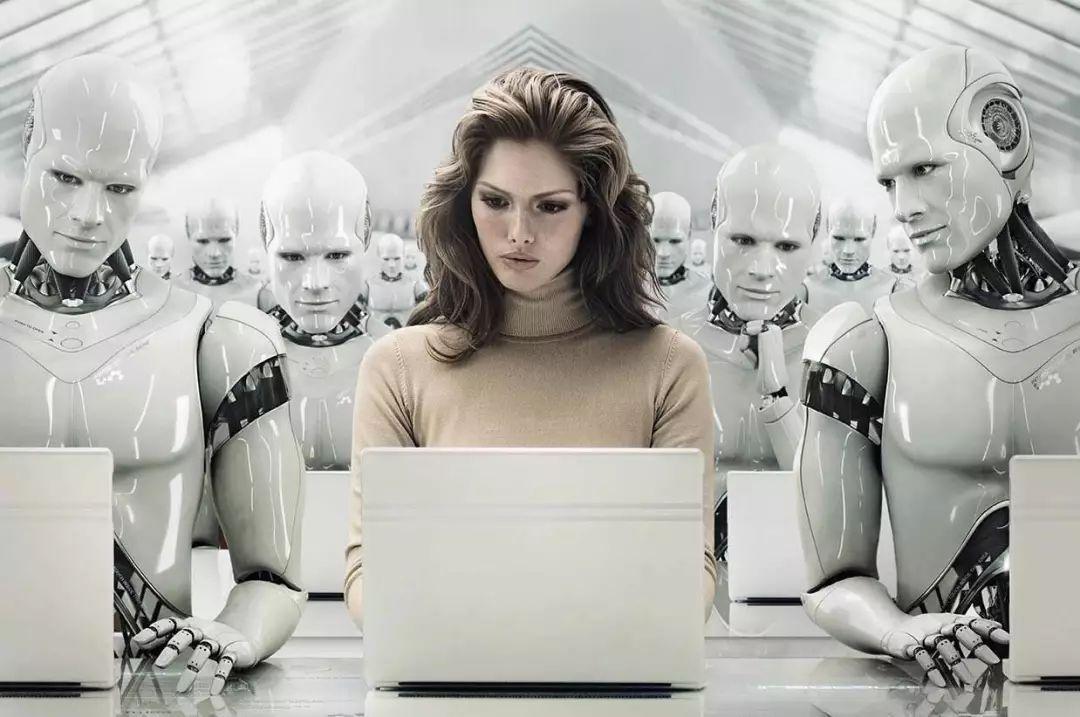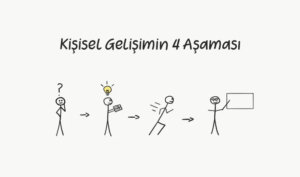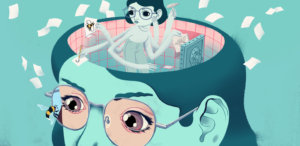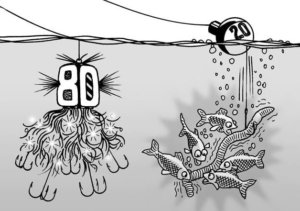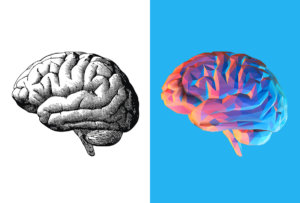The concept of algorithm has become an integral part of our lives. You may even have come across this content thanks to an algorithm that thinks it fits your interests. So how do algorithms affect our lives? How much are they in our lives? Let’s see together.
What is algorithm?
Algorithms are the invisible leading parts of the written code, they are planned before the code is written, they tell on paper what flow certain tasks will take and how they will be concluded. The algorithm lists what the computer has to do to create a certain output, creates a plan. Experts warn us not to think of algorithms as good or bad in themselves, and say we should pay more attention to the people who program them. Because people make algorithms and coding suitable for algorithms. Malicious people spawn malicious algorithms and malicious software.
What do algorithms affect?
Algorithms decide on issues that are vital to our society: medicine, public transport, welfare programs, criminal justice.
We started to see the effect of algorithms on everything we touch in every area of our lives. Whenever we search on Google, browse Facebook, or use GPS, we are communicating with algorithms. These aren’t just Google searches or shopping suggestions. We invited them into our courtrooms, our hospitals, our schools, and we got them to make decisions that would change the way society works.
“Thanks to him, the quality of life may have improved considerably. Artificial intelligence should also be at a level to help solve big problems like climate change and energy supply.”
– Wendy Hall – Professor of Computer Science at the University of Southampton
Are we making a mistake by giving decision mechanisms to algorithms?
We have a rather complicated relationship with machines. When Siri makes the slightest mistake or GPS miscalculates traffic, we think the whole machine is just a pile of garbage. This is also a wrong approach. The right attitude is this: we should neither blindly trust algorithms nor completely remove them from our lives. Of course they are not perfect. They contain the prejudices of the people who created them. However, they are incredibly effective and make our lives easier.
“There are areas where human power is discredited, but humans and machines don’t have to face each other, we don’t have to create a world where machines tell us what to do or what to think, we can work together.”
– Hannah Fry – Mathematician at University College London
How can algorithms make mistakes?
Algorithms also have areas where they succeed and fail. While they are very good at diagnosing patients, they are not so good at making judgments. This is because our social relationships are quite complicated for them. There are no major factors that affect our social relationship, there are millions of factors, and these lead to completely different results in different sociological conditions. In some hearings in America, judges used these algorithms to make decisions, but they were misleading and the desired efficiency could not be achieved.
“The main problem of algorithm-based decision-making is the lack of auditability. The machines have become a complete closed box. Even developers and operators don’t fully understand how algorithms produce results. That is why the transparency of the process is very important.”
– Marc Rotenberg – Electronic Privacy Information Center Manager
Are we aware of what we are creating?
Despite the convenience it provides us, there are areas where most people are concerned about algorithms. While such a powerful technology is spreading so quickly, it can cause many problems for human rights, privacy and society if necessary precautions are not taken.
Platforms like Google and Facebook are just starting to get interested in the possible consequences of algorithms. Facebook’s motto is “Move fast and break things”. This perspective applies to most of the tech world. However, they are now more careful about what algorithms can cause.
“It will look like 1984 but the officials will be corporations, not government officials. If Google doesn’t split into various organizations in 10-20 years, I’d be very worried about the future of our democracy.”
-Toby Walsh – Professor of Artificial Intelligence at the University of New South Wales
Robot-humans impossible?
We are still far from a stage where the distinction between human and artificial intelligence will become unpredictable. A study was conducted to replicate a microscopic threadworm brain. Although this wolf had only 200 neurons in its brain, it was not successful. The latest technology we have
artificial intelligence It is almost impossible for us to replicate the brains of more complex animals, while we cannot even copy the brain of a microscopic wolf.
Do they bring us good or harm?
If we look at the overall dimension, algorithms still make our lives easier than creating problems. However, we must be careful and proceed calmly, without moving quickly or breaking things.
“I see that the good aspects outweigh the bad. However, certain people will be affected by these bad aspects, perhaps to a serious extent. Society will decide how to deal with it. Reality will frighten some people, but as we see today, people think they have to use the internet to be a part of society. Even if they fear the consequences, they will accept that they have to live with the consequences of the algorithms.”
– David Clark – Research Scientist at MIT
